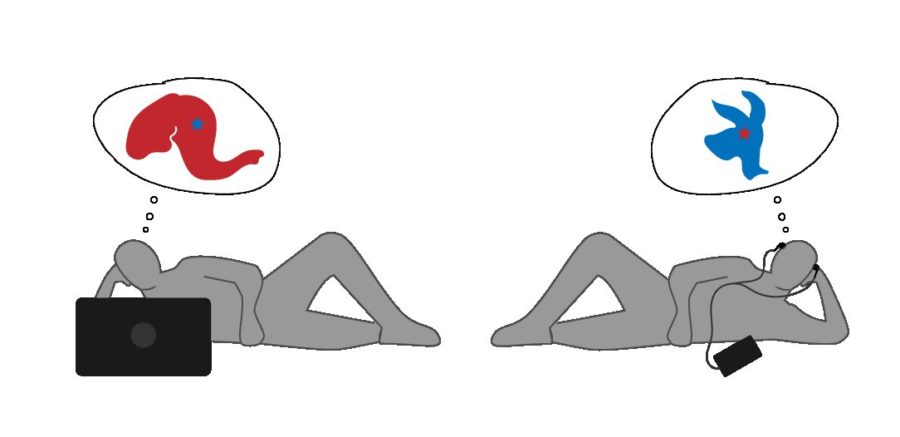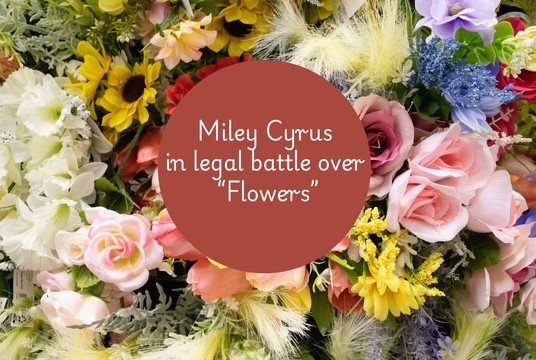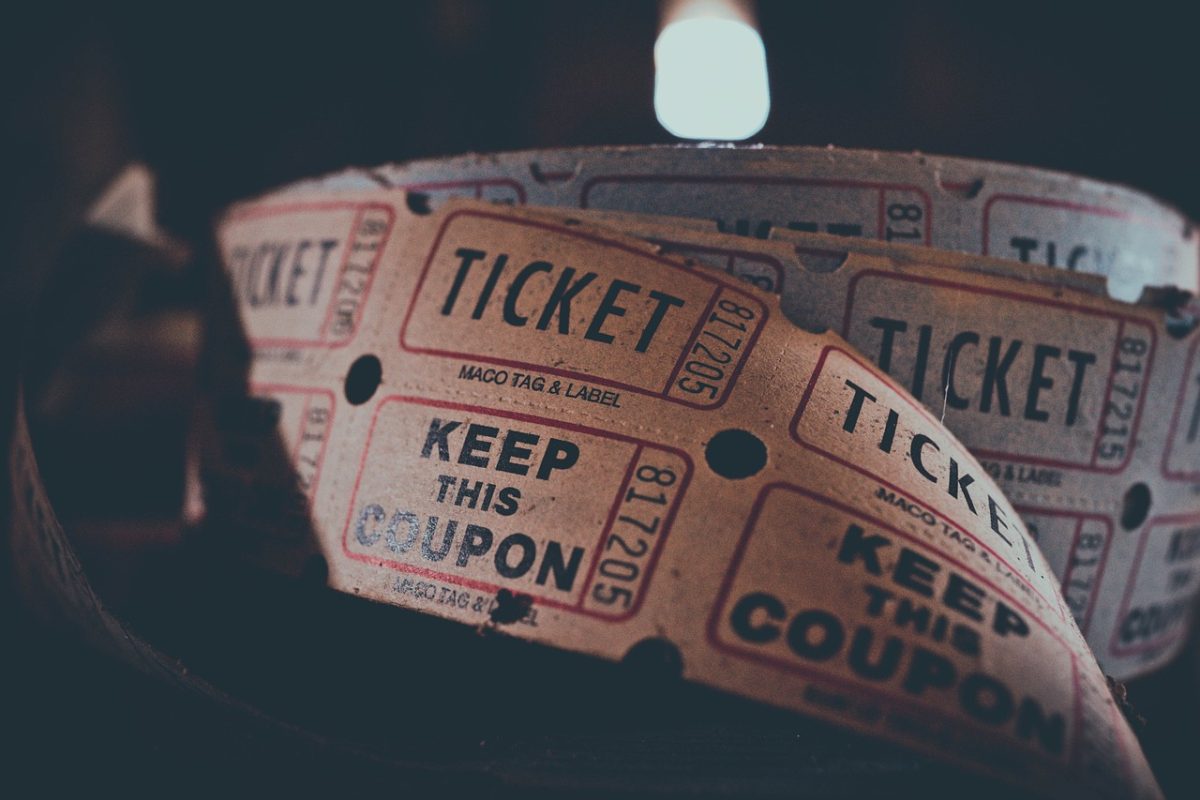All art is political. There is little that a creator of a piece of media can do to separate their work from the larger political context in which it exists, or from their own political biases conscious or otherwise. What this means for the society that is largely dominated by a media-centric culture is that pop culture has a significant impact on political culture, and by extension individual political views. As we move ever closer to another major election in Mississippi, it seems appropriate to look at how the media we consume affects the way we see politics, and what that means for the values that we hold dear on election day.
A major aspect of this dynamic between pop culture and politics is seen in how pieces of media impact political discourse. A recent example of this is Todd Phillip’s “Joker.” The film has generated a great deal of controversy around the implications of its plot, mainly the prevalence of gun violence committed by the main protagonist, but the conversation has extended beyond the content of the film itself.
The controversial release sparked newly impassioned debates about the causes of gun violence, possible legislative solutions and all the other, typical discussion points about this topic. The reception and reaction to this movie is representative of pop culture’s ability to steer the political landscape. Something as simple as the plot devices used for character development in a movie can direct where the discourse is headed for the next few days, or even weeks, which has a significant impact on how people make political decisions.
The impact that “Joker” left on American political discourse bleeds into the larger conversation surrounding the 2020 Presidential Election in that gun violence will continue to be a central part of this discussion. That isn’t to say that “Joker” is the main cause, or even one of the main causes for this, but simply that it had a hand in producing this result.
There is a larger, more long-term impact that pop culture has on political culture, however, and that can be seen in the evolution of political values. Specifically, the concept of equality has been central to American values since the start of our nation, and it has also gone through extensive evolution towards being more inclusive of all peoples, not just the rich, straight, white male.
This evolution has, in part, been accompanied by more diverse representation in pop culture. By having people who had been underrepresented in politics and society represented in the media, it forced the population to challenge the oppressive status quo. This can be seen particularly clearly in the progression of LGBT representation in the media.
As the gay rights movement came into full swing during the late 80s/early 90s, we can see that the representation of LGBT identities in the media also began to increase. Because correlation does not equal causation, it cannot be said that more media representation directly contributed to the success of the gay rights movement, but it wouldn’t be far-fetched to claim that it did have a role in the normalization of LGBT people within American culture. This shift in the cultural view towards LGBT people helped to make things like the legalization of gay marriage possible. This is a clear example of how pop culture changes societal values over time, which in turn influence the political culture of our nation.
Both of these impacts that pop culture has on politics are important to be aware of, not just as a consumer of the entertainment industry, but also as an American citizen. Because art and pop culture have such a profound relationship within our political discourse and values, both in the short-term and over time, we need to be conscious of how our individual political choices are influenced by them in order to be responsible citizens. As we move into the 2019 Gubernatorial election here in Mississippi, we should analyze and reflect on how pieces of media impact how we cast our votes.





























